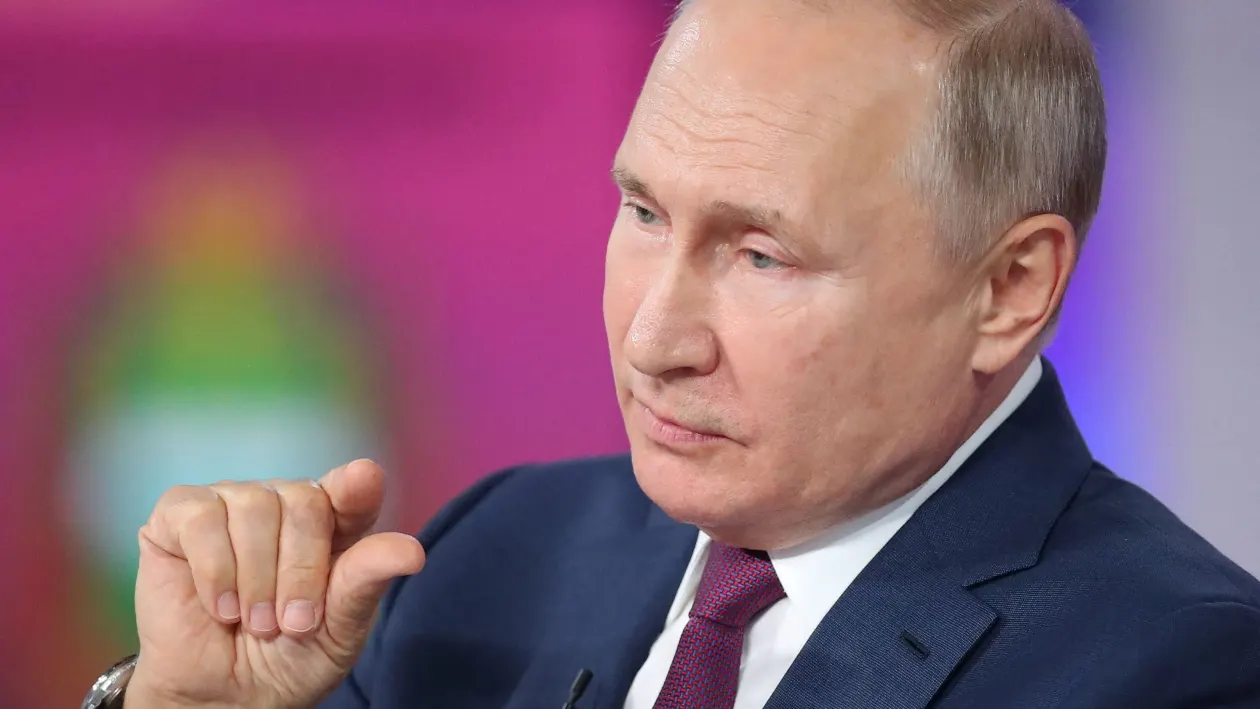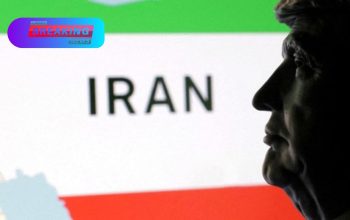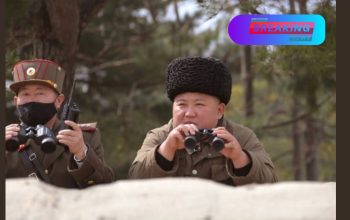Putin Acknowledges Russian Inflation as an ‘Alarming Signal’ of Overheating Economy
In a rare admission, Russian President Vladimir Putin described the country’s inflation as an “alarming signal” and warned that the economy is “overheating.” Speaking during a televised economic forum, Putin highlighted the challenges Russia faces in balancing growth with stability, raising concerns among financial experts about the long-term trajectory of the nation’s economic policies.
Putin’s Comments on Inflation and Economic Overheating
Putin’s acknowledgment of Russia’s inflation comes at a time when prices for goods and services have been climbing steadily. The Russian economy has shown resilience in the face of Western sanctions, but this rapid recovery appears to have come at a cost. According to Putin, current inflation levels are unsustainable and signal underlying structural issues.
“Our economy is growing, but inflationary pressures remain an alarming signal. We need to address these imbalances to prevent overheating,” Putin stated during the forum. Analysts view these comments as a rare admission of the difficulties the Russian economy faces, despite efforts to project strength in the face of global challenges.
What Is Causing Russia’s Inflationary Pressures?
Several factors contribute to the inflation and overheating of Russia’s economy:
- Sanctions and Supply Chain Disruptions: Western sanctions, particularly after the conflict in Ukraine, have disrupted Russia’s supply chains, driving up the costs of essential imports and materials.
- Increased Government Spending: The Kremlin has ramped up spending on infrastructure and defense projects, injecting significant liquidity into the economy but exacerbating inflationary pressures.
- Labor Market Tightness: With unemployment at historic lows, wage growth is outpacing productivity, adding to inflationary dynamics.
- Energy Exports and Currency Strength: High revenues from oil and gas exports have strengthened the ruble, complicating efforts to control inflation by making imports cheaper but driving up domestic production costs.
Economic Analysts React to Putin’s Admission
Putin’s comments have drawn mixed reactions from economic analysts. Some applaud his acknowledgment of the problem, interpreting it as a step toward addressing underlying issues. Others, however, criticize the lack of concrete policy proposals to tackle inflation and stabilize the economy.
Economist Alexei Kudrin, a former finance minister, warned that unchecked inflation could undermine Russia’s long-term economic prospects. “While short-term growth appears strong, ignoring inflationary pressures could erode the purchasing power of Russian citizens and destabilize the financial system,” he noted.
Policy Options to Address Inflation
To combat inflation and cool the economy, Russia may need to implement a combination of monetary and fiscal policies. Potential strategies include:
- Interest Rate Hikes: The Russian central bank may raise interest rates to curb spending and reduce liquidity in the market.
- Targeted Spending Cuts: The government could reduce non-essential spending to prevent further overheating while maintaining critical infrastructure investments.
- Incentives for Productivity Growth: Encouraging innovation and efficiency in key industries could help mitigate wage-driven inflation.
These measures, while potentially effective, carry the risk of slowing economic growth, a trade-off that could prove politically challenging.
What This Means for the Global Economy
Russia’s inflationary pressures and economic overheating have implications beyond its borders. As one of the world’s largest energy exporters, Russia plays a critical role in global markets. Higher domestic inflation could prompt shifts in energy pricing, impacting global supply chains and international markets.
Additionally, the Kremlin’s response to these challenges will signal how effectively Russia can navigate economic pressures while maintaining geopolitical influence. Countries dependent on Russian exports will closely monitor Moscow’s policy moves, as they could influence global inflationary trends.
Conclusion: Putin’s Inflation Warning Raises Economic Concerns
Vladimir Putin’s admission that Russian inflation is an “alarming signal” and that the economy is “overheating” underscores the significant challenges facing the nation. While the Russian economy has demonstrated resilience in recent years, addressing inflationary pressures will require careful planning and bold policy actions.
As global markets watch closely, Russia’s handling of these issues will serve as a bellwether for its long-term economic stability. Whether Putin’s government can balance growth with control remains a key question for both domestic and international stakeholders.



